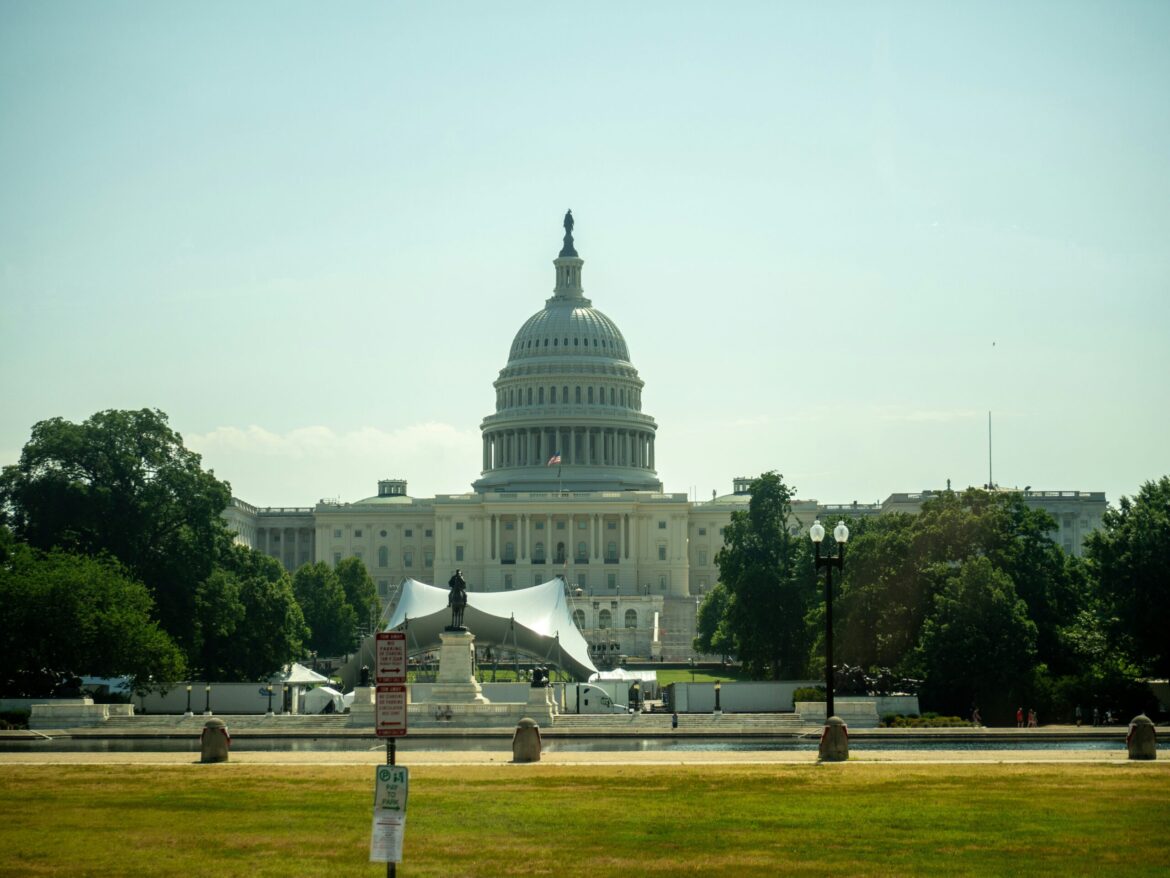On August 7, 2024, Senate Republicans introduced a bill aimed at blocking President Joe Biden’s ambitious Green New Deal policies, which they argue would have damaging economic consequences for American workers and families. The bill, called the “Energy Affordability and Economic Growth Act,” seeks to prevent the Biden administration from further expanding government subsidies for renewable energy projects and imposing costly regulations on the fossil fuel industry. Republican senators argue that these measures would raise energy prices, hinder job growth, and disrupt the nation’s energy grid, undermining U.S. energy independence.
Senator John Barrasso (R-WY), the lead sponsor of the bill, was joined by Senators Ted Cruz (R-TX) and Shelley Moore Capito (R-WV) in introducing the measure. Barrasso expressed concerns that the Biden administration’s aggressive climate policies are pushing the country toward a costly and unreliable energy future, driven by excessive government regulations and unsustainable subsidies for unproven energy technologies.
“The Green New Deal will cripple American energy independence and send energy costs skyrocketing for working families,” Barrasso said during the announcement of the bill. “This legislation will prevent the president from forcing Americans to pay higher energy prices and put American jobs at risk for the sake of an unrealistic, top-down energy agenda.”
Biden’s Green New Deal initiatives are part of a broader effort to decarbonize the U.S. economy and transition to renewable energy sources like wind and solar. The administration’s plans include stricter environmental regulations for power plants, increased tax credits for electric vehicle purchases, and subsidies for renewable energy infrastructure.
Republicans argue that these measures will disproportionately affect industries reliant on fossil fuels, such as oil, natural gas, and coal, leading to job losses and higher production costs. They contend that the country is not ready to make such a rapid transition to green energy, especially given the current limitations in renewable energy technologies and the lack of a fully developed national electric vehicle charging infrastructure.
The bill has gained strong support from energy industry groups, including the American Petroleum Institute (API) and the U.S. Chamber of Commerce, both of which warn that Biden’s policies will undermine the competitiveness of American energy producers and drive up costs for consumers.
However, the bill faces significant opposition from environmental groups and Senate Democrats, who argue that swift action is necessary to address the climate crisis and reduce carbon emissions. Environmental organizations like the Sierra Club have called the legislation a step backward in the fight against climate change.
“The GOP’s proposal to block clean energy initiatives will only delay much-needed progress in tackling the climate crisis,” said a spokesperson from the Sierra Club. “The Green New Deal is crucial for creating a sustainable future for all Americans.”
As the bill moves through Congress, it is expected to become a major point of contention in the 2024 elections, with the GOP framing it as a defense of affordable energy and economic growth, while Democrats and environmentalists push for faster climate action.

